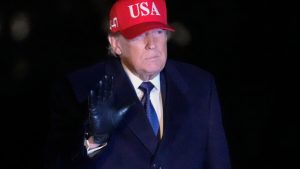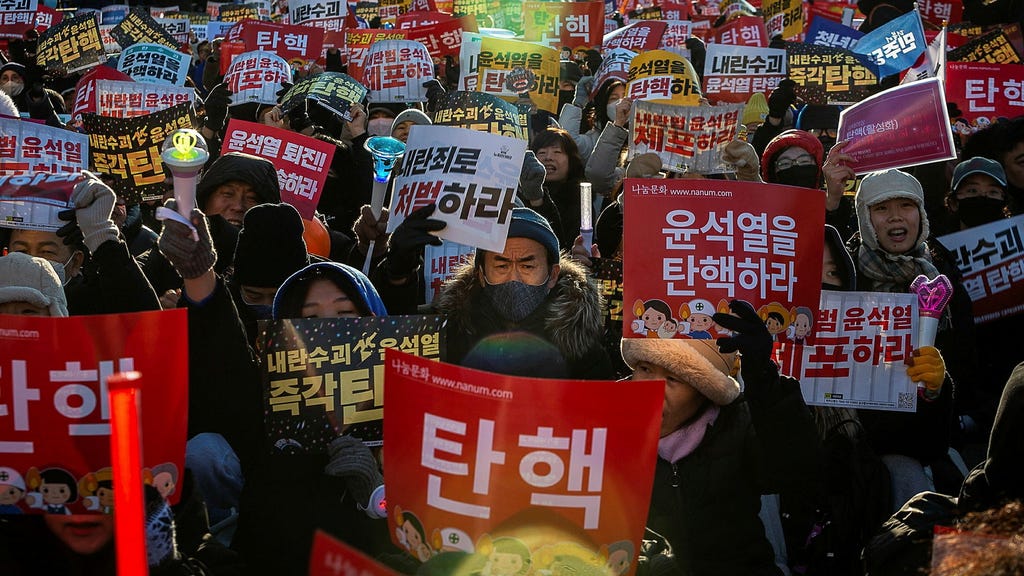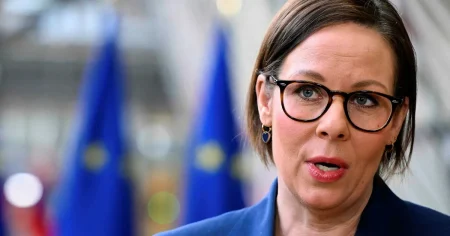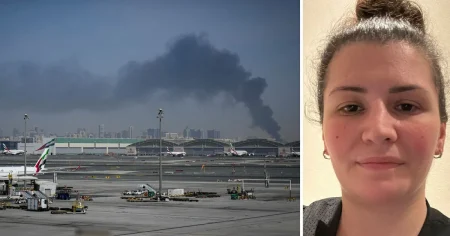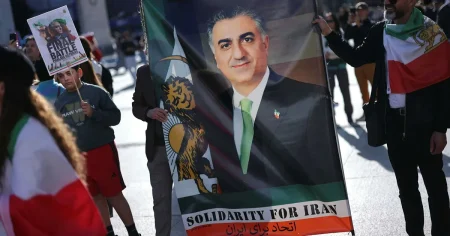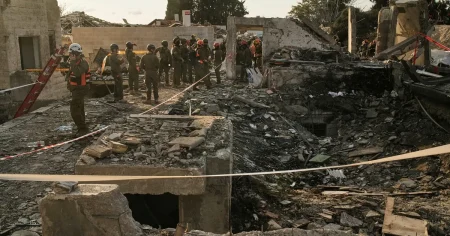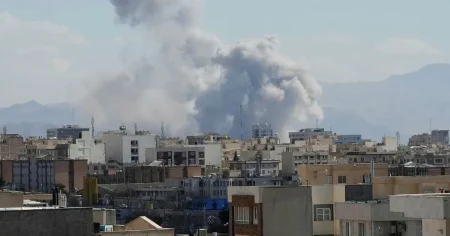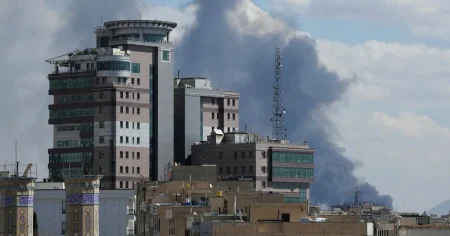President Yoon Suk-yeol’s attempted power grab spectacularly backfired, revealing a leader dangerously detached from reality and the sentiments of his people. Believing he could silence dissent and consolidate power through a declaration of a state of emergency, Yoon drastically miscalculated the public’s reaction. His claims of North Korean infiltration of the parliament and election rigging, intended to justify his actions, were met with widespread disbelief and outrage. Instead of cowering in fear, South Koreans took to the streets in protest, demonstrating a deep-seated resistance to authoritarianism and a commitment to democratic principles. This immediate and forceful public response underscored the chasm between Yoon’s perception of the situation and the reality on the ground, exposing a leader surrounded by ”yes-men” and oblivious to the brewing discontent.
The attempted suppression of democratic processes further fueled public anger. Yoon’s order to the military to prevent parliamentarians from convening was largely ignored, highlighting the weakness of his authority and the lack of conviction even within the armed forces. A particularly poignant image from the unfolding drama captured a female parliamentarian confronting a soldier, questioning his loyalty to the constitution and shaming him into allowing her passage. This symbolic act of defiance resonated powerfully, illustrating the determination of the people to resist the erosion of democratic norms. The parliament’s subsequent unanimous vote against the state of emergency, including members of Yoon’s own party, delivered a resounding rebuke to his actions and solidified the perception of his leadership as inept and out of touch.
The protests that followed drew a diverse cross-section of South Korean society, uniting citizens from different generations and backgrounds. Older Koreans, bearing the scars of past dictatorships, stood shoulder-to-shoulder with younger K-pop fans, demonstrating a shared commitment to democratic values. Yoon’s subsequent address to the nation, lacking any remorse and doubling down on accusations against the opposition, further inflamed public sentiment. His portrayal of his critics as enemies of the state and facilitators of espionage and crime only served to deepen the divide and solidify the opposition’s resolve. The president’s inability to grasp the gravity of the situation and acknowledge his missteps further eroded his credibility and fueled the momentum for his impeachment.
The impeachment proceedings against Yoon Suk-yeol mark a critical juncture in South Korean politics. The parliament’s decisive vote to hold him accountable reflects the depth of public dissatisfaction and the determination to uphold democratic principles. The case now moves to the Constitutional Court, which will ultimately determine Yoon’s fate. This process, which could take months, introduces a period of political uncertainty, further complicated by legal challenges facing the leader of the main opposition party. The outcome of these intertwined legal and political battles will have significant ramifications for the future direction of the country.
Beyond the immediate domestic implications, the political crisis in South Korea has broader international significance. As a key ally of the United States in a strategically vital region, South Korea’s stability is of paramount importance. The uncertainty surrounding the presidency creates a potential vulnerability, particularly given the volatile geopolitical landscape and the presence of a nuclear-armed neighbor. The international community will be closely watching the unfolding events, mindful of the potential ripple effects on regional security and the broader dynamics of international relations.
The unfolding political drama in South Korea serves as a stark reminder of the fragility of democracy and the importance of vigilant public engagement. President Yoon’s miscalculation and the subsequent public outcry demonstrate the power of a citizenry determined to protect its democratic rights. The outcome of the impeachment proceedings and the subsequent political maneuvering will shape not only the future of South Korea but also offer valuable lessons for other democracies confronting challenges to their fundamental principles. The world is watching, recognizing the stakes involved and hoping for a resolution that upholds the rule of law and reinforces the foundations of democratic governance.


